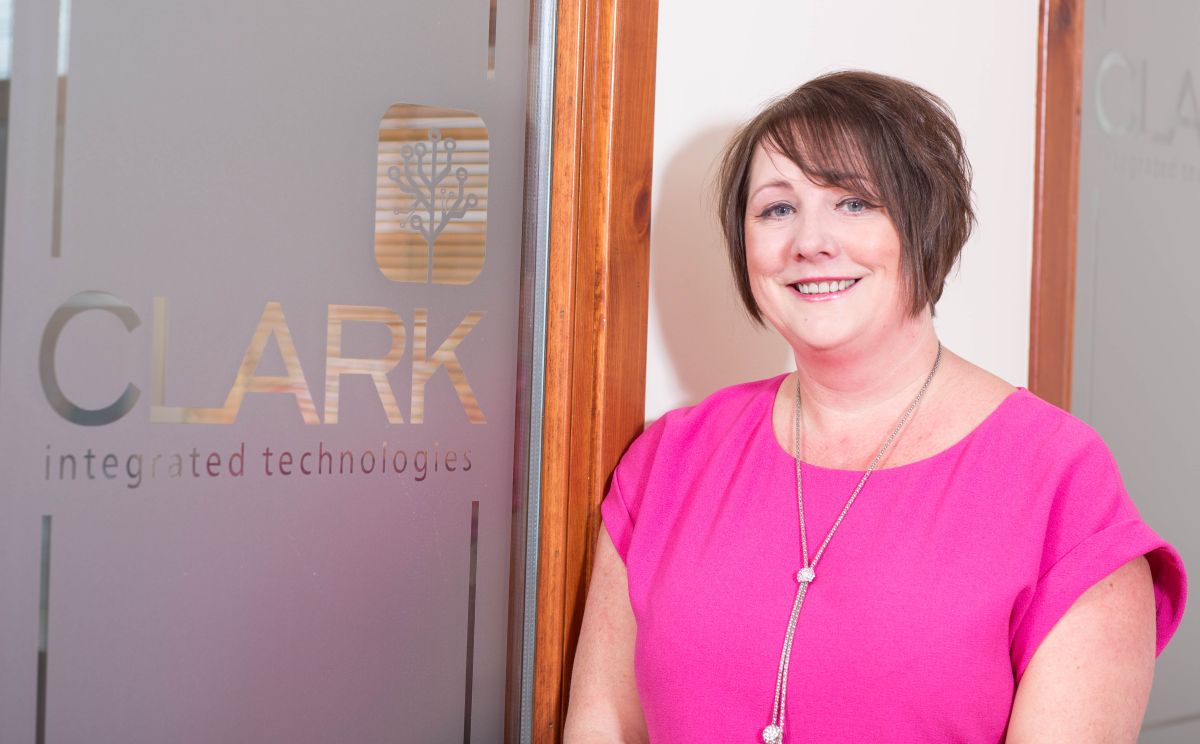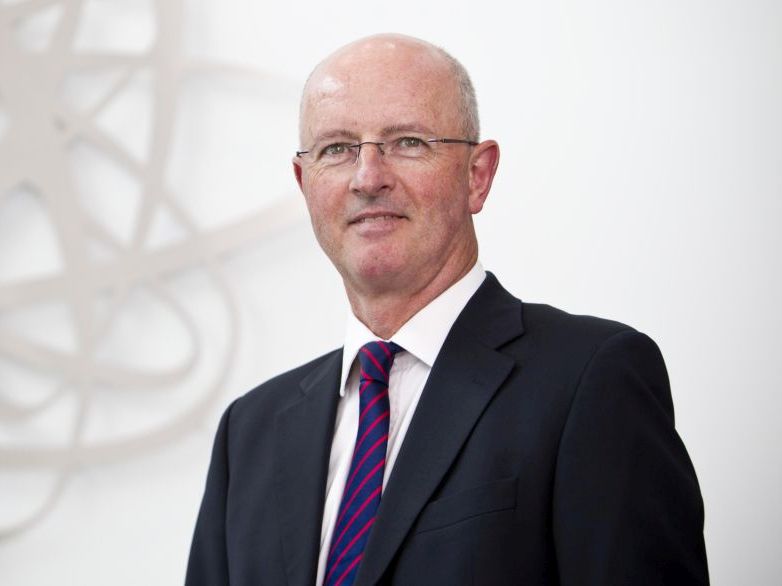This month marks the 40th anniversary of first oil from the Forties field in September 1975.
A quick search of the internet and you will find photographs of the Queen inaugurating the Forties field on the 3rd November 1975. But don’t tell her majesty, the Forties field was already in operation by that time.
It wasn’t quite the first oil on stream from the UK side; the Argyll field had been producing since June that year, but given the scale of the Forties development, it was a major event.
The Forties field figures prominently in my new book Oil Strike North Sea which is out next week.
In terms of reserves it is the largest field in the UK North Sea and deserves attention for that alone; but not only that, I was to take a prominent role in its development and this allows me to give a first-hand account of what it takes to operate a North Sea field.
Between 1981 and 1986, I was responsible from the geology side in planning a large number of wells in the oil field. I worked both onshore and offshore. After planning the wells in British Petroleum’s (BP) office in Dyce, working closely with the drilling engineers, I would then go offshore to monitor the reservoir section. Amongst other responsibilities, I would tell the drillers when to stop once we were below the oil pay.
The Forties field wasn’t the first commercial oil field discovered on the UK side, that honour goes to Amoco’s Montrose field which was discovered in 1969. When Amoco discovered oil in the first well, the offshore personnel were astonished. They were looking for gas and had no idea that there was oil in the North Sea. Other companies had come across oil shows in wells before, but had kept this highly secret.
There were no sample jars for oil on the rig, so the first sample of commercial oil in the North Sea was brought onshore in a pickle jar that had been grabbed from the rig’s galley.
Amoco had hired the Sea Quest drilling rig from BP to drill the well and handed it back afterwards. The BP geologists were rather surprised to find that a copy of a log showing that oil had been found had arrived with the rig. It had been accidently left on board.
BP had identified the Forties prospect on their seismic data, a massive dome covering 90 square kilometres. It looked enormous and the unintended gift from Amoco gave them comfort that there could be an oil field there.
Yet the BP management had been most reluctant to drill the prospect and for good reasons too; the oil price had been low since 1950 as a result of the large-scale production from the Middle East and North Africa, and a large offshore field requiring very expensive infrastructure could not be assured to make a profit. On top of that, the engineering capability of providing the infrastructure was an unknown, the oil companies had never ventured into such deep and stormy waters.
One of the reasons BP drilled the discovery well was out of desperation. BP had been thrown out of several countries after the oil had been nationalised and the future of the company was somewhat uncertain at the time. It was only with the Yom Kippur war in 1973, when the oil price quadrupled on the back of OPEC sanctions, was it likely that the North Sea would be a profitable concern.
The Forties field is still producing after forty years, with over 2.7 billion barrels of oil recovered. The current operator Apache is still actively chasing the remaining oil in the field by drilling new wells. The Forties field, like many other fields in the North Sea had not been expected to have produced for as long as they have. It’s a testament to the amazing skills developed in the North Sea that our fields have recovered so much oil.
The book launch for Oil Strike North Sea is at Waterstones in Union Street on Wednesday 9th September at 7pm, all are welcome.
- Comments enabled – see comments box below. Note, all comments will be moderated.









